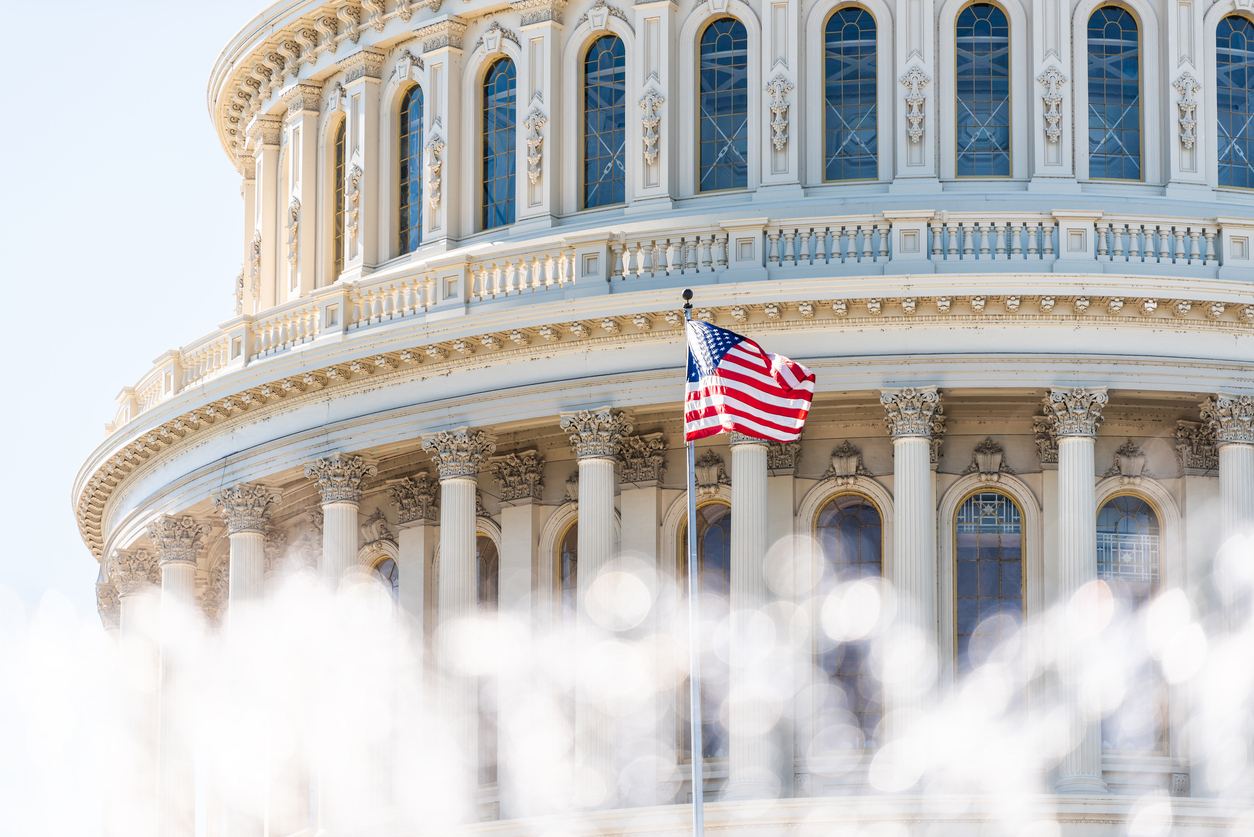Don’t Put Veterans in the CR Debate Crossfire

Each September, Congress faces the same deadline. The fiscal year ends on September 30, and if lawmakers cannot agree on appropriations, they pass a continuing resolution, or CR, to keep the government funded. A CR is meant to be a bridge. Owing to political gridlock, too often it becomes a bargaining chip. When that happens, veterans risk getting caught in the crossfire.
This year’s Continuing Appropriations and Extensions Act, 2026, carries more than budget numbers. It extends the Department of Veterans Affairs’ authority to operate programs that directly serve the most vulnerable veterans. Without passage, those authorities expire at the end of the month. If they expire, lifelines disappear overnight.
One example is the Staff Sergeant Parker Gordon Fox Suicide Prevention Grant Program. These grants fund community organizations that reach veterans outside VA walls. They support peer networks, local outreach, and prevention specialists who connect with veterans in crisis. Many of these veterans may not walk into a VA hospital, but they will talk to a peer who has worn the uniform. Interrupting that network, even briefly, means lives are put at risk.
The Supportive Services for Veteran Families and Health Care for Homeless Veterans programs are just as critical. They provide emergency housing, rental assistance, and case management for veterans already on the edge of losing stability. If those services stop, veteran homelessness rises immediately. For veterans struggling with mental health challenges, the result is dangerous and destabilizing.
Rural veterans face another risk. The Rural Access Network for Growth Enhancement (RANGE) program provides case management for veterans with serious mental illness who live far from traditional care. If RANGE falters, those veterans lose their only lifeline.
The CR also extends VA’s obligation to provide nursing home care for veterans with severe service-connected disabilities. That obligation is a national promise. Allowing it to lapse would break faith with those who carry the deepest wounds of war.
These programs are not line items on a spreadsheet. They are suicide prevention hotlines, housing vouchers, peer counselors, case managers, and long-term care beds. They are veterans’ safety nets. And they are all at risk if this CR fails to pass by the end of the month.
Veterans did not create the fiscal year deadline. They did not ask for their programs to be wrapped into political debates. They served their country, and in return their country made commitments that cannot be subject to delay or disruption.
This is a simple concept that all can rally behind. We cannot allow veterans’ care to become collateral damage in budget politics. Congress should pass the CR to keep these programs running and then complete the job of passing full-year appropriations. Larger debates about health care or spending priorities belong on separate ground, not tied to whether veterans at risk of suicide or homelessness receive help.
Veterans deserve certainty. They deserve to know that the programs designed to save their lives will not shut down because of a missed deadline. Keeping those programs funded is keeping faith with sacred promises made to our veterans.